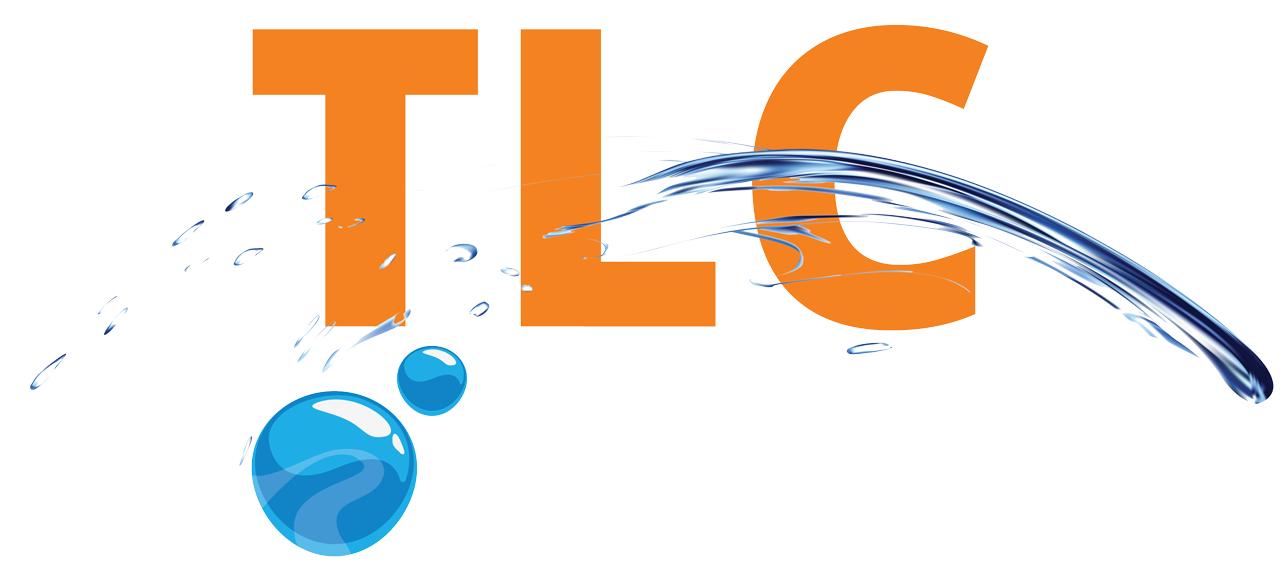Water Blasting vs. Softwash: What's Best for Your Home?
!!LET’S BE CLEAR - HOUSES SHOULD NEVER BE WATERBLASTED!!
When it comes to exterior cleaning in New Zealand, homeowners often find themselves unsure of whether they should be choosing water blasting or soft washing for their homes. Both methods have their merits and ideal applications, and understanding the differences can help you make the best choice for your home's maintenance. Let's delve into the key aspects of water blasting and soft washing to determine what option is best for various cleaning tasks.
Water blasting: The High-Pressure Approach
Water blasting, also known as pressure washing, involves using high-pressure water to remove dirt, grime, moss, and other build-ups from surfaces like driveways, footpaths, and decks. Here’s what you need to know about water blasting:
Strengths:
Powerful Cleaning: Waterblasting is highly effective at removing stubborn stains, heavy dirt, and debris.
Immediate Results: The high-pressure water provides instant results, making it ideal for cleaning hard surfaces.
Versatility: Suitable for a wide range of surfaces, including concrete, brick, and stone.
Considerations:
Surface Damage Risk: The high pressure can damage softer materials, like wood or old masonry.
Water Usage: This method can use a large amount of water, which might be a concern in areas with water restrictions.
Softwash: The Gentle, Effective Alternative
Soft washing is a cleaning method that uses low-pressure water combined with specialised cleaning solutions to remove dirt, algae, moss, and mildew. It’s particularly suited for delicate surfaces and areas where high-pressure water could cause damage. Here are the key points about softwashing:
Strengths:
Gentle on Surfaces: Softwash is safe for use on a broader range of materials, including, cladding, certain timber decks, and painted surfaces.
Long-Lasting Results: The cleaning solutions used in soft washing can kill algae, mould, and mildew at their source, providing longer-lasting cleanliness.
Eco-Friendly: Softwash solutions are often biodegradable and less water is used compared to water blasting.
Considerations:
Chemical Use: The cleaning agents used in soft washing need to be handled carefully to avoid harm to plants and wildlife.
Professional Service Required: Proper softwashing typically requires professional equipment and expertise to ensure safety and effectiveness.
Choosing Between Water Blasting and Soft Washing
The choice between water blasting and soft washing largely depends on the specific cleaning needs of your property:
Use Water blasting for:
Hard, durable surfaces like concrete, driveways, and stone paths where heavy grime and debris need to be removed.
Areas with significant buildup of materials that can withstand the force of high-pressure water.
Opt for Softwash for:
Delicate or damage-prone surfaces such as, cladding, certain timber surfaces, and painted exteriors.
Surfaces where mould, mildew, or algae are present and need to be treated at the source to prevent regrowth.
Get professional soft washing services in Hawkes Bay
Both water blasting and soft washing are effective exterior cleaning methods, each with its own set of advantages. Water blasting is best for tough, resilient surfaces needing deep cleaning, while soft washing is ideal for more delicate areas requiring gentle care and long-term maintenance.
Assessing the specific needs of your property and consulting with professionals like TLC Softwash can guide you to the right choice, ensuring your home remains clean and well-maintained without risking damage to its exterior.

